
Gastric Cancer
Advertisement
Dr. Lieu lists and describes DESTINY-Gastric04, CHALLENGE, MATTERHORN, BREAKWATER, and ATOMIC.
Irinotecan with ramucirumab did not provide a significant OS advantage over irinotecan monotherapy.
Dr. Weinberg recaps key ASCO Annual Meeting research, including MATTERHORN, ATOMIC CHALLENGE, BREAKWATER, and DYNAMIC-III.
The panel concludes with a discussion on treatment strategies for metastatic esophageal squamous cell carcinoma.
The panel shifts focus to the 1L treatment of metastatic gastroesophageal cancers, exploring biomarker testing strategies.
The panel delves into the implications of recent data on IO in the perioperative, adjuvant treatment of upper GI cancers.
The panel takes a deep dive into the evolving role of IO in resectable GE cancer, with a focus on the results of MATTERHORN.
The panel launches into a discussion of practice-changing data, focusing on MATTERHORN and its impact on disease management.
Dr. Janjigian shares why MATTERHORN was picked for the plenary and how its findings build on past studies in G/GEJ cancer.
Dr. Pietrantonio discusses how the benefits of T-DXd can potentially reshape the current treatment algorithm.
In the first-line HER2+ G/GEJ cancer, combinations of DV, toripalimab, and chemo produce high ORRs and promising early PFS.
Dr. Wainberg details the practice-changing implications of the MATTERHORN study event-free survival data.
We recently spoke with expert clinicians about the rapidly changing treatment landscape in upper gastrointestinal cancers.
Circulating tumor DNA burden in patients with gastric cancer may aid oncologists in determining treatment options.
Dr. Cytryn considers two studies evaluating PD-1 inhibition in patients with MSI-high tumors in the locally advanced setting.
Dr. Janjigian reviews KEYNOTE-811, and how it led to the FDA approval of pembrolizumab for HER2-positive gastric cancers.
Of subtypes in KEYNOTE-059 and -061, HRD scores and TMB were highest in CIN and MSI-H subtypes, respectively.
Pembrolizumab previously received accelerated approval for this indication in 2021 based on interim results from KEYNOTE-811.
The safety profile of the combination was consistent with known profiles, and no new safety findings were observed.
Dr. Cytryn shares insights on the implications of recent data from the DESTINY-Gastric04 and MATTERHORN trials.
Advertisement

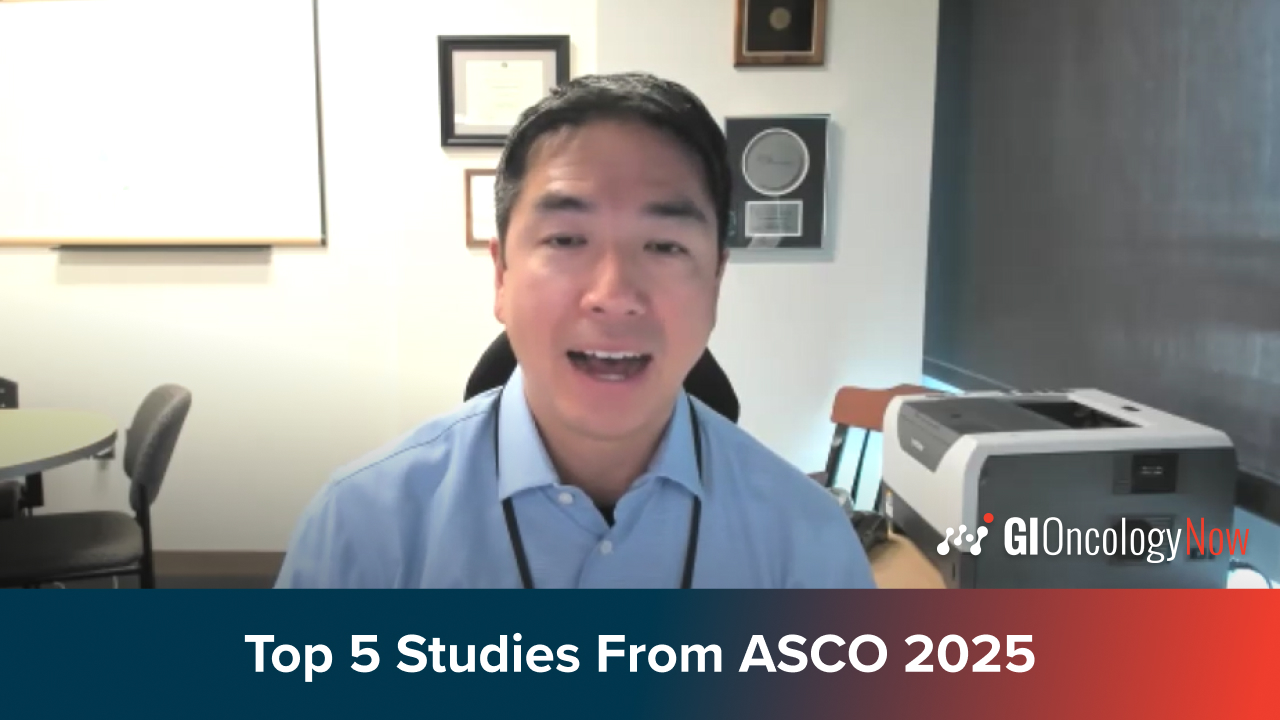
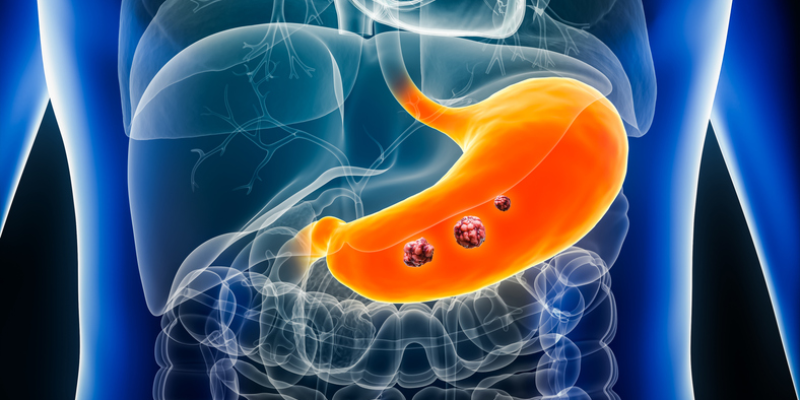
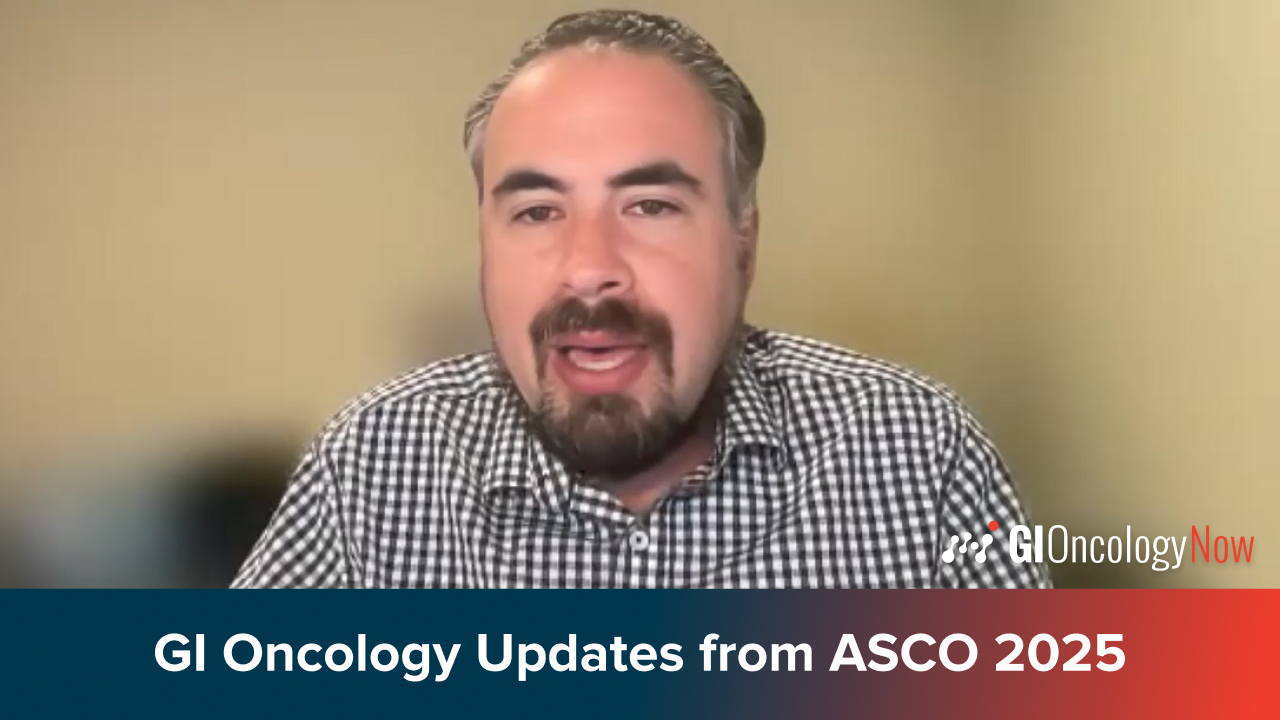
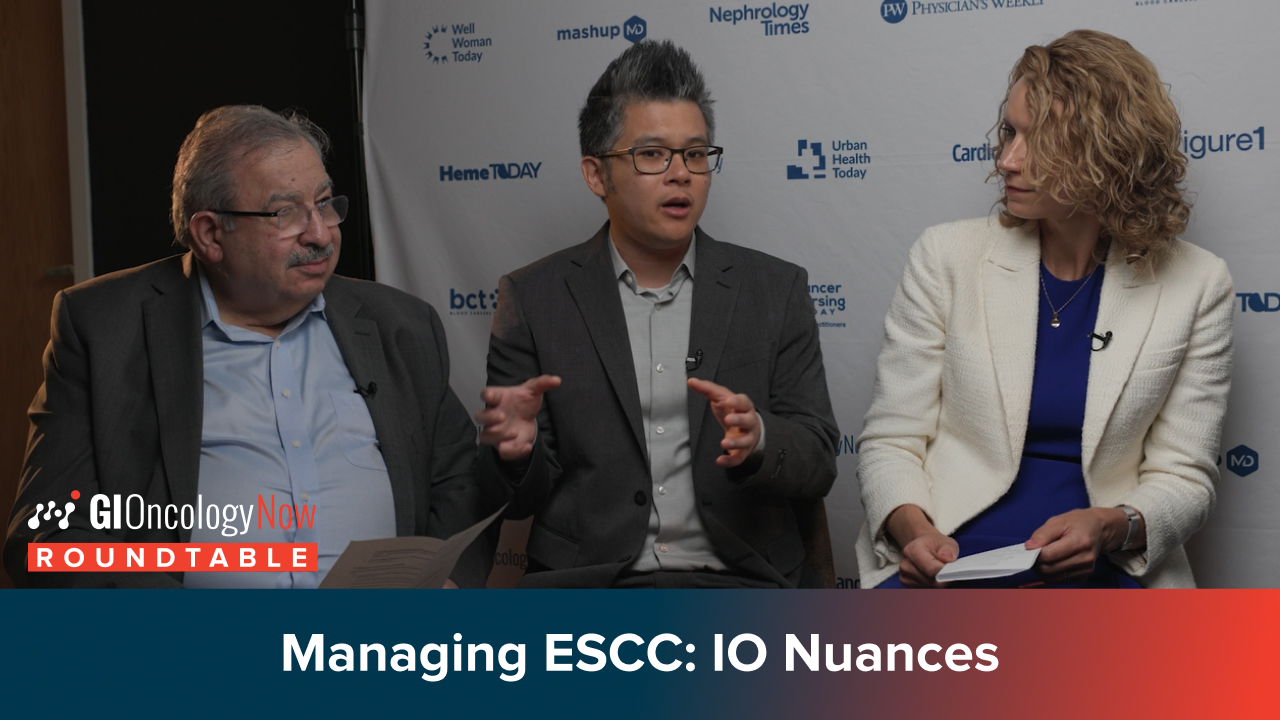
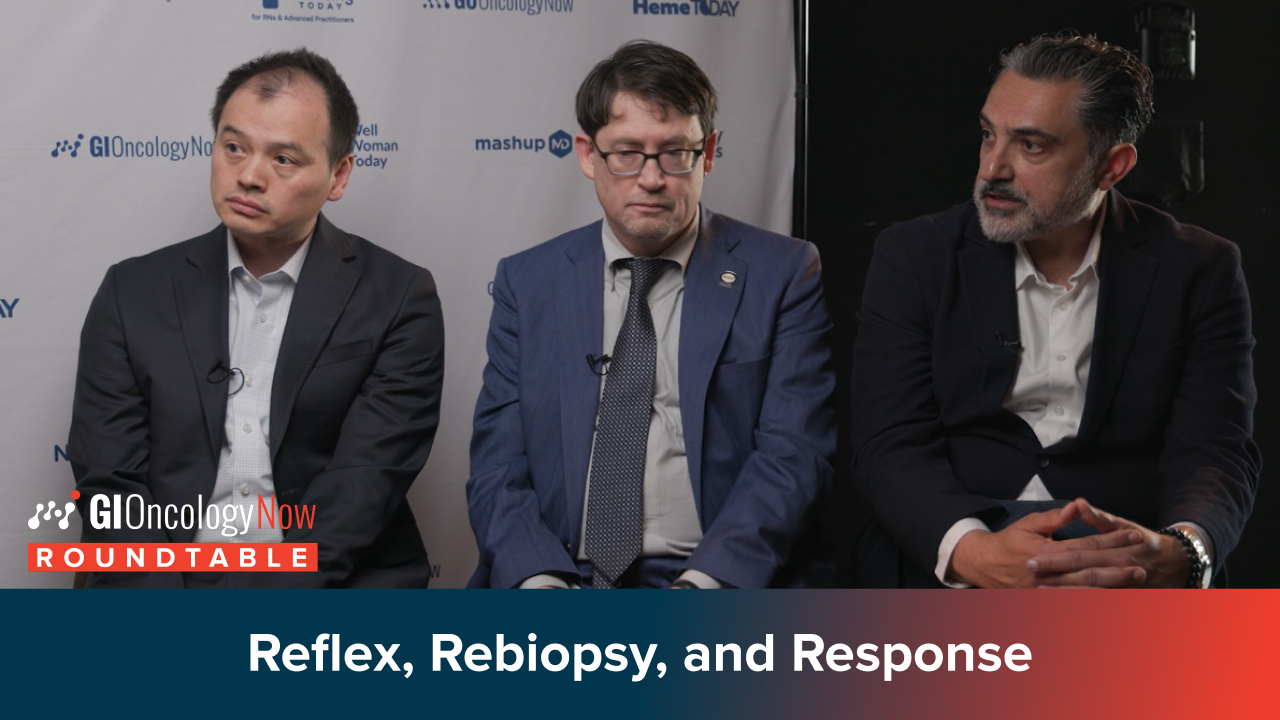
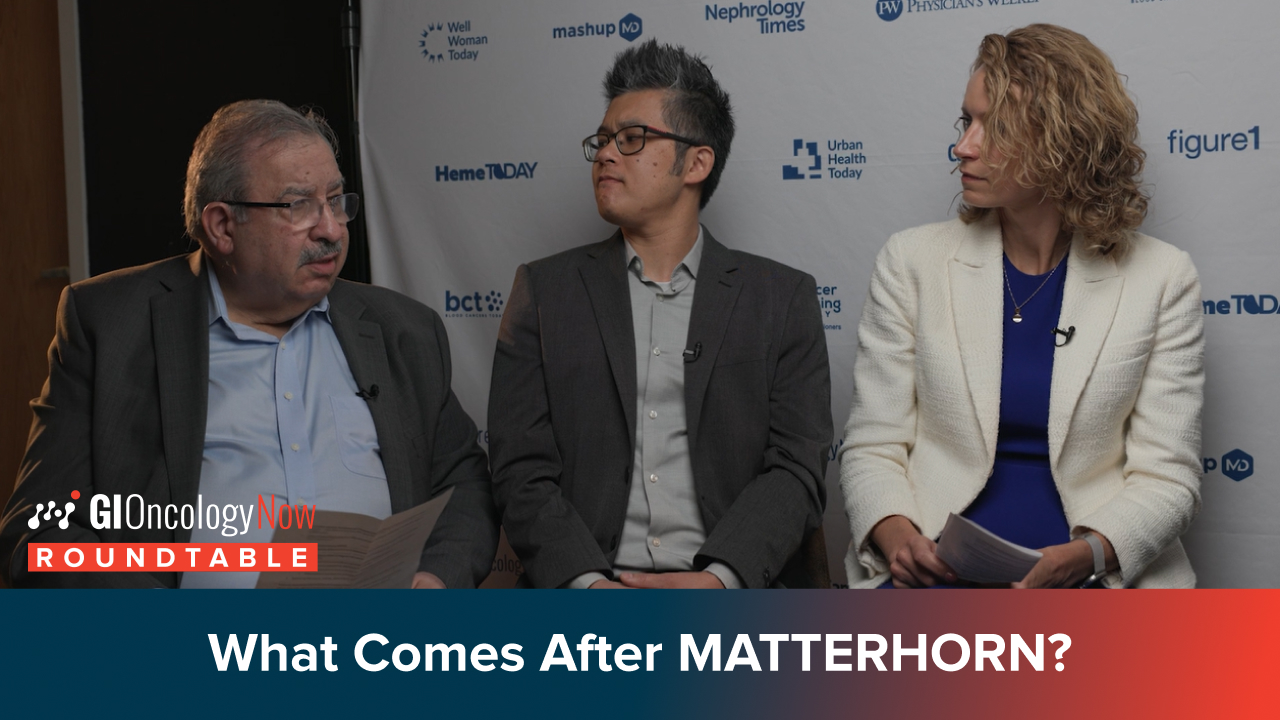
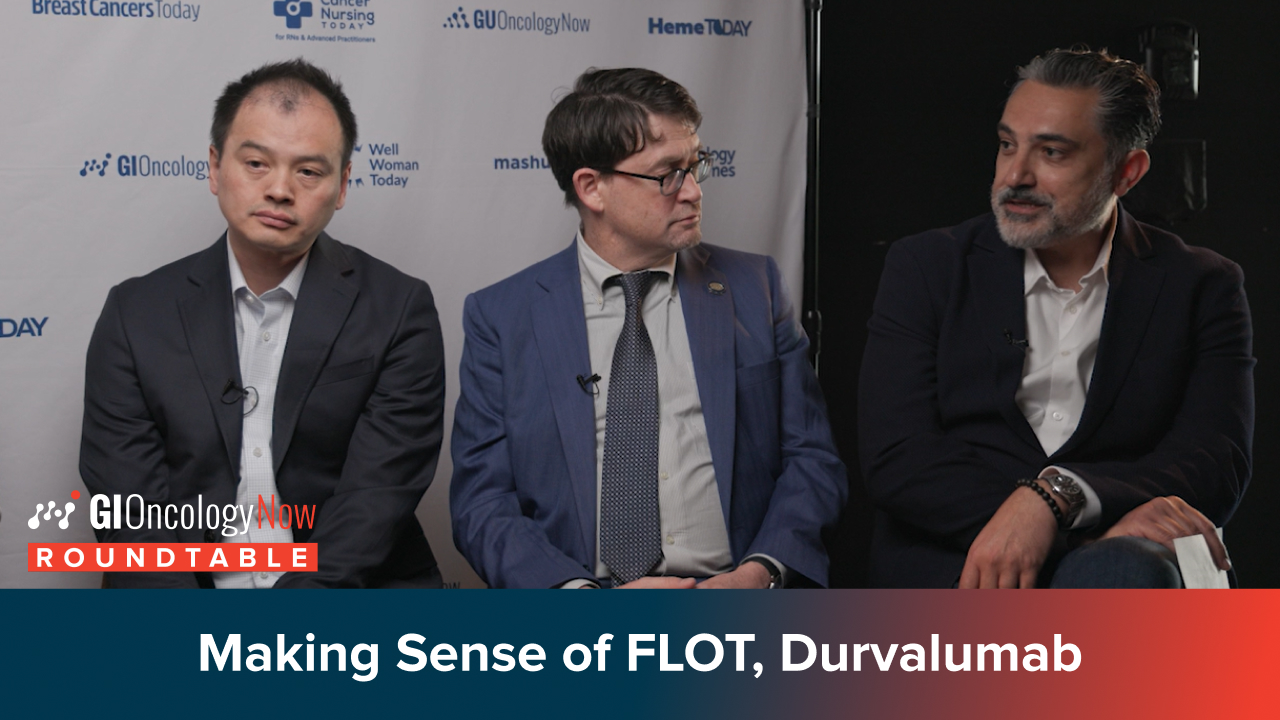
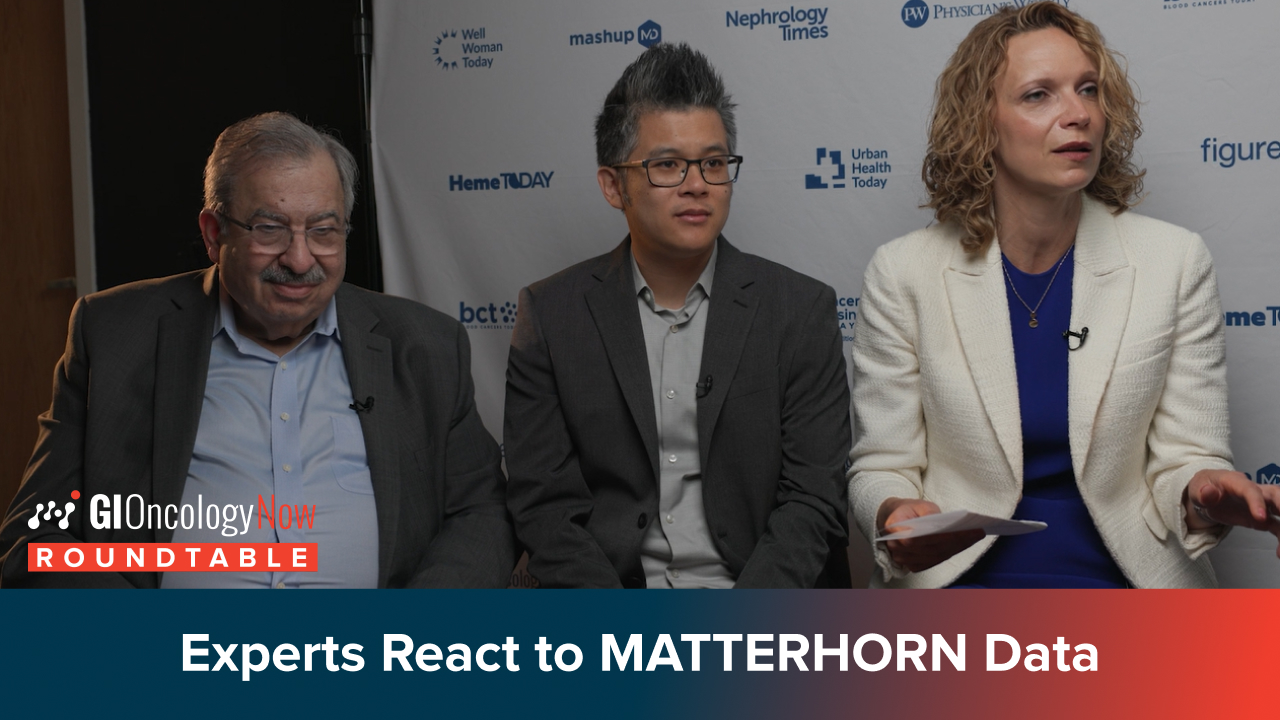
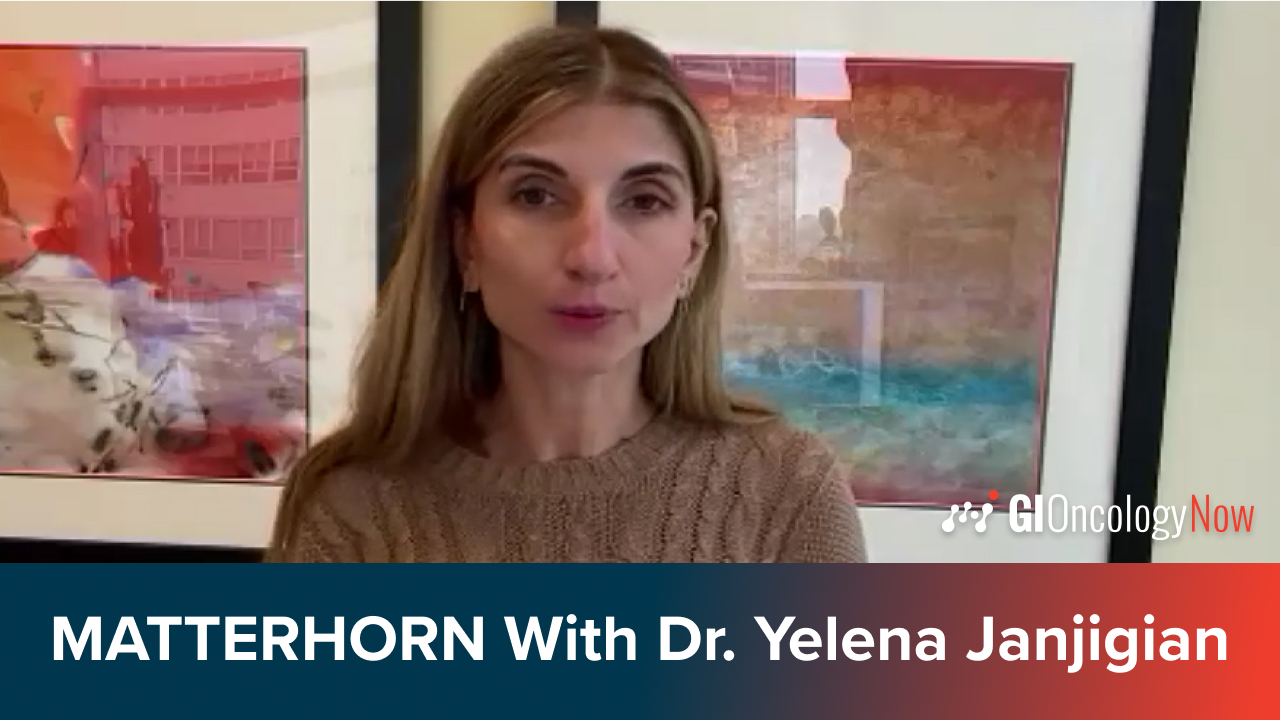
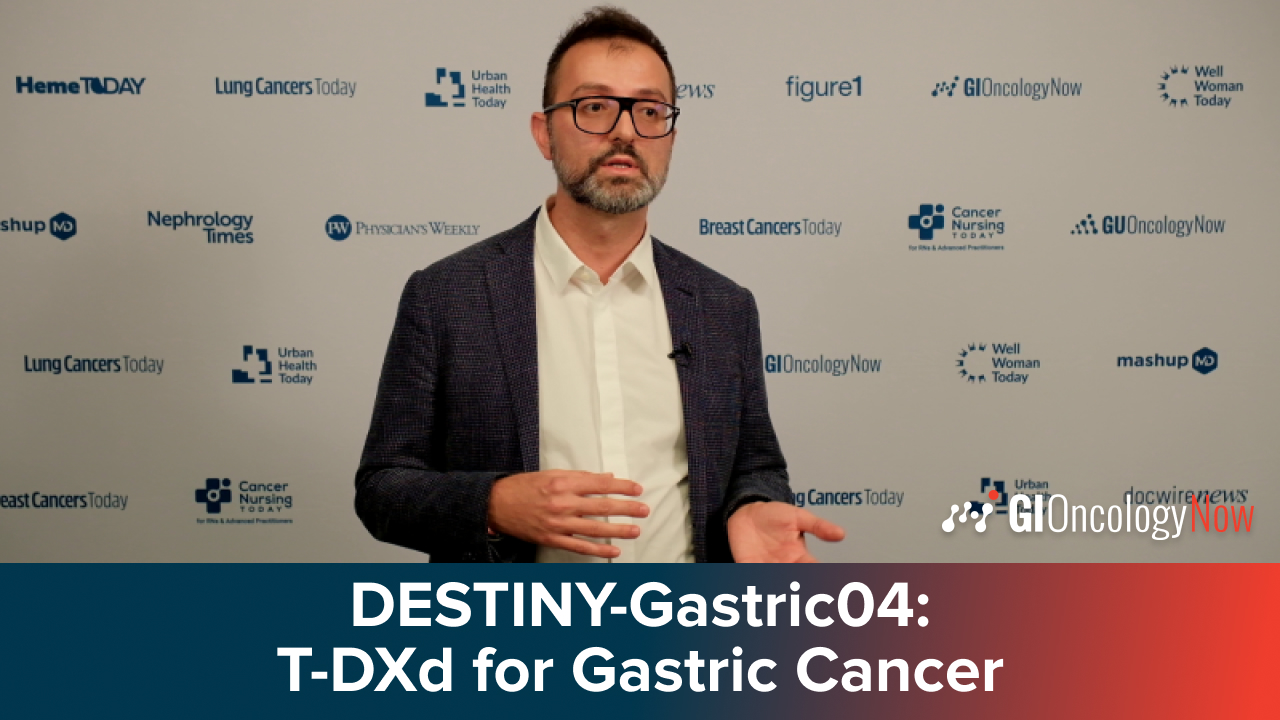

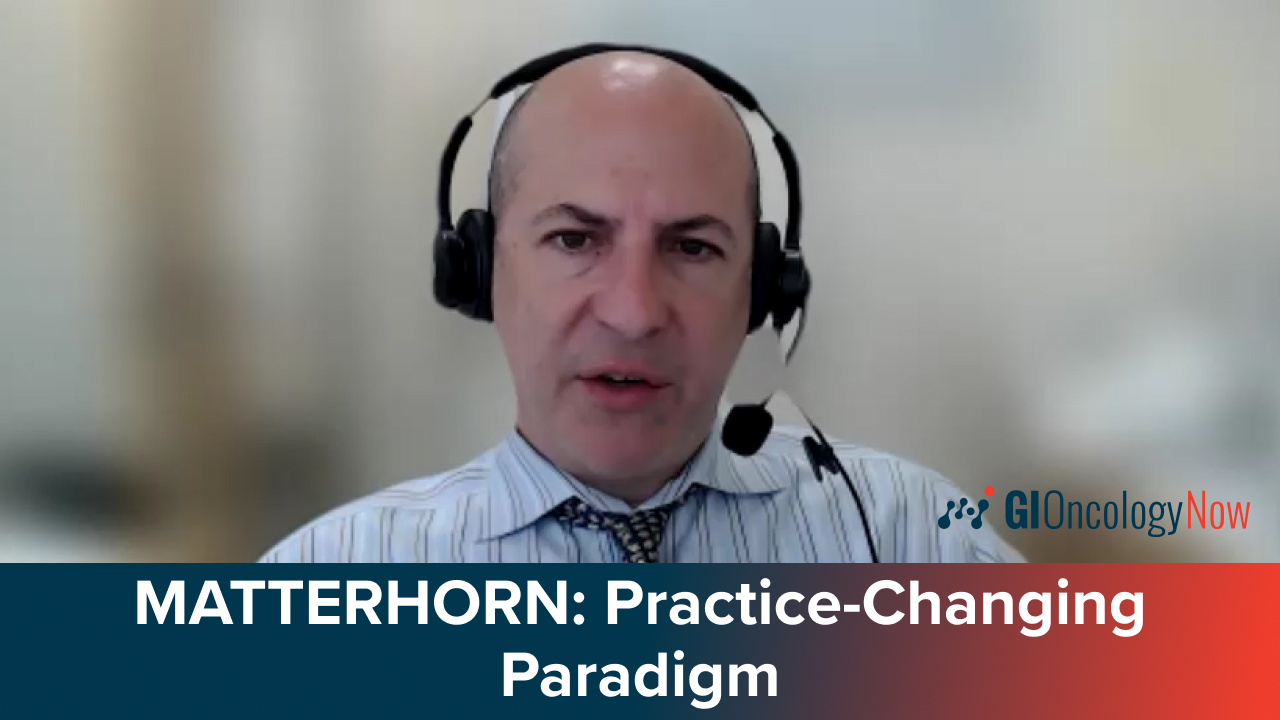


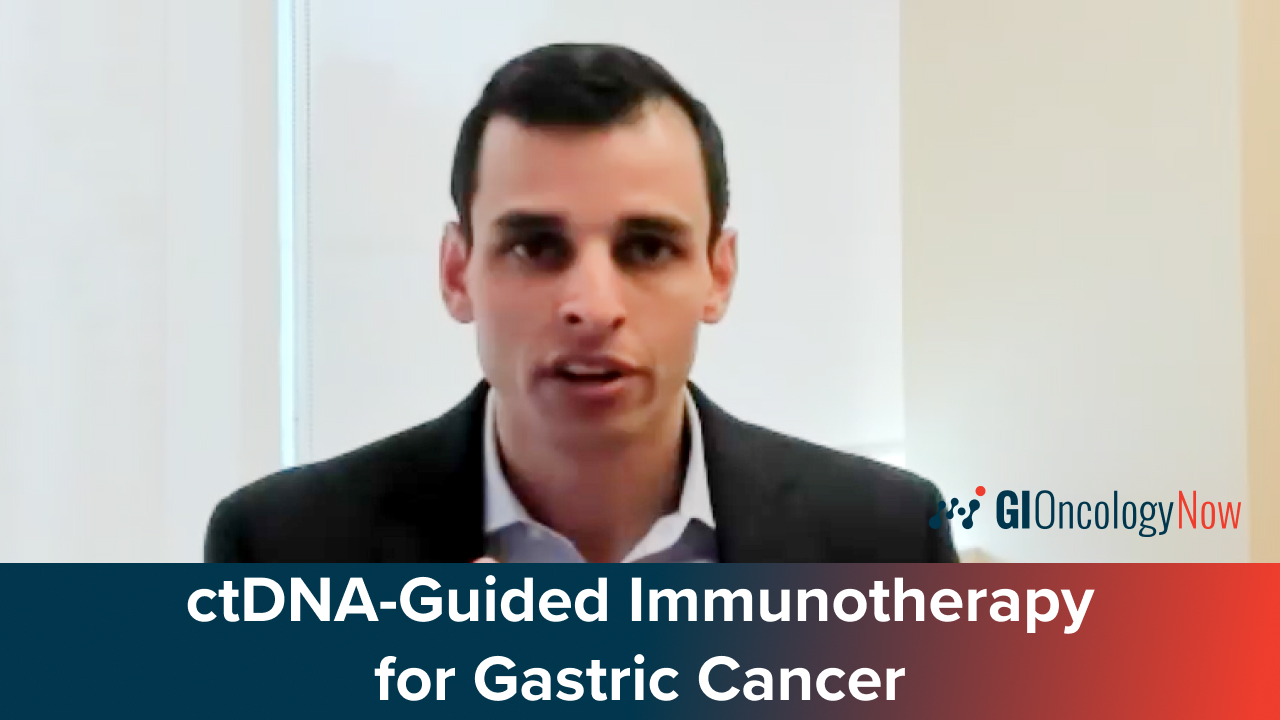
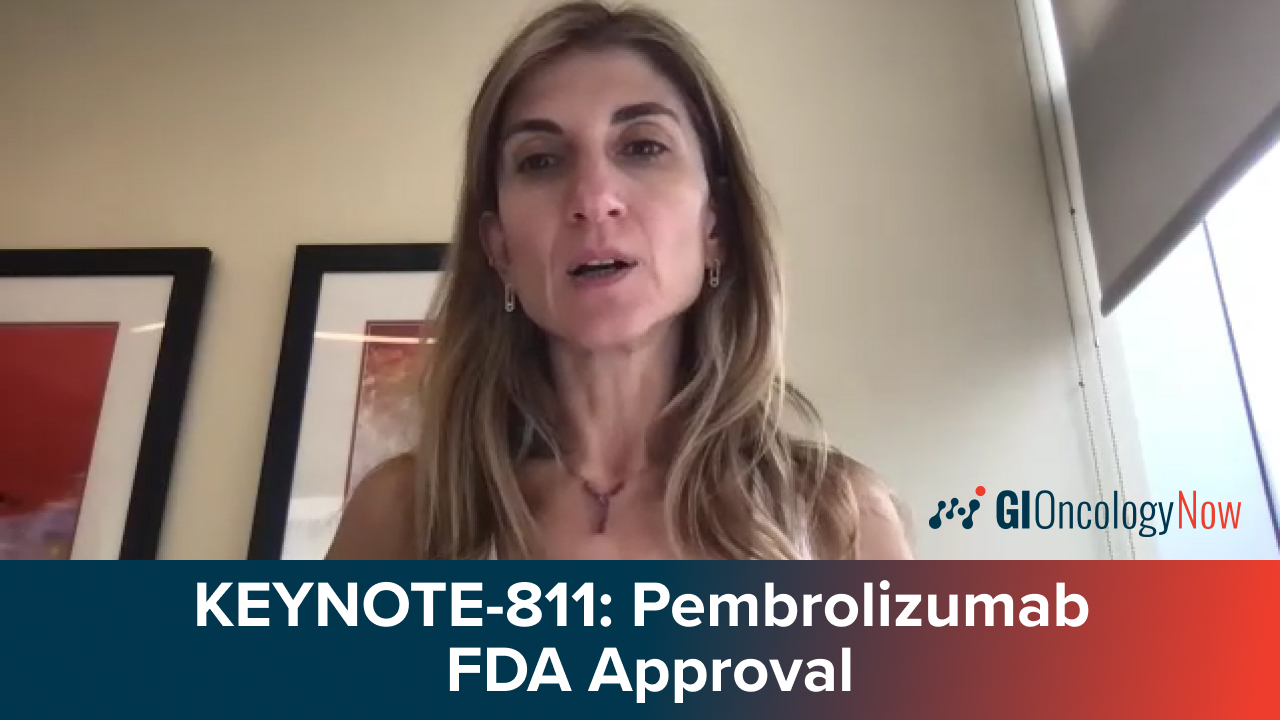

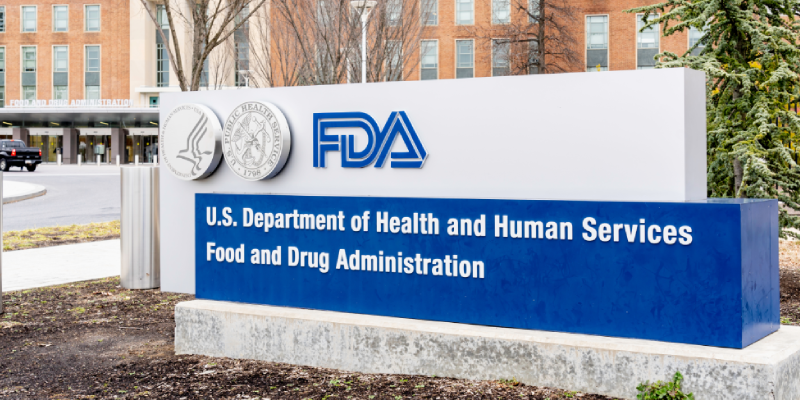

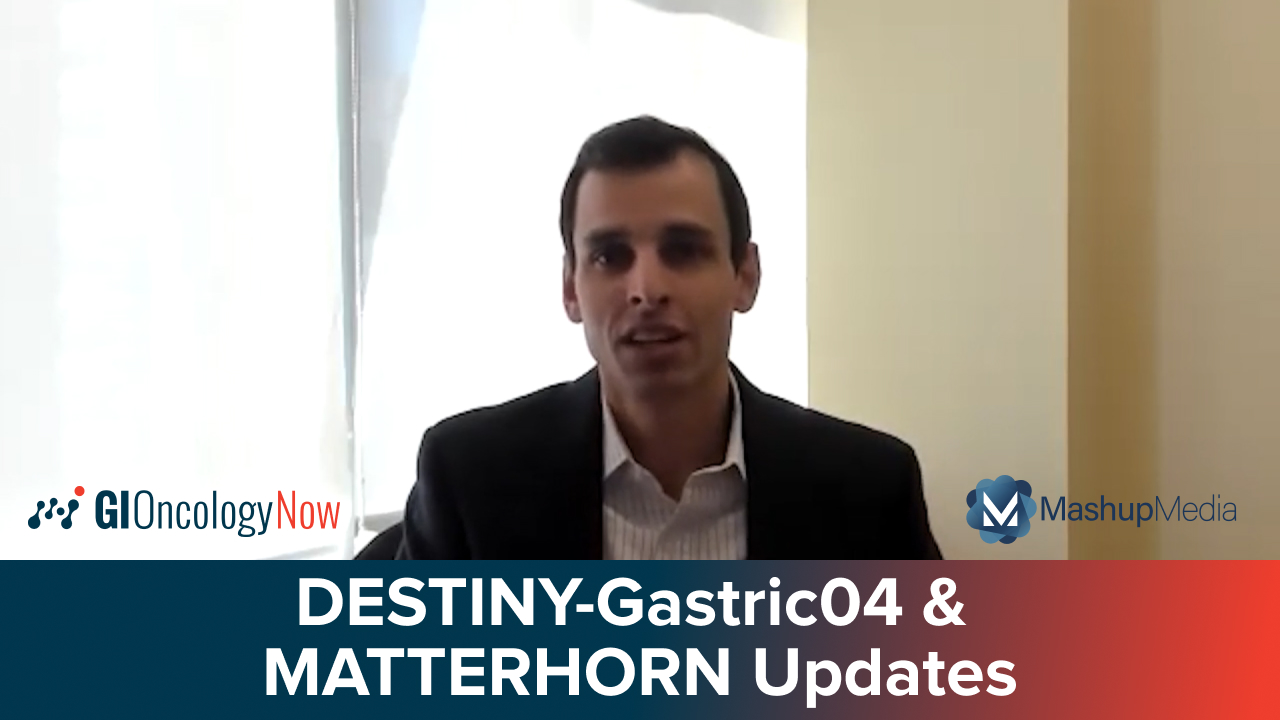

 © 2025 Mashup Media, LLC, a Formedics Property. All Rights Reserved.
© 2025 Mashup Media, LLC, a Formedics Property. All Rights Reserved.